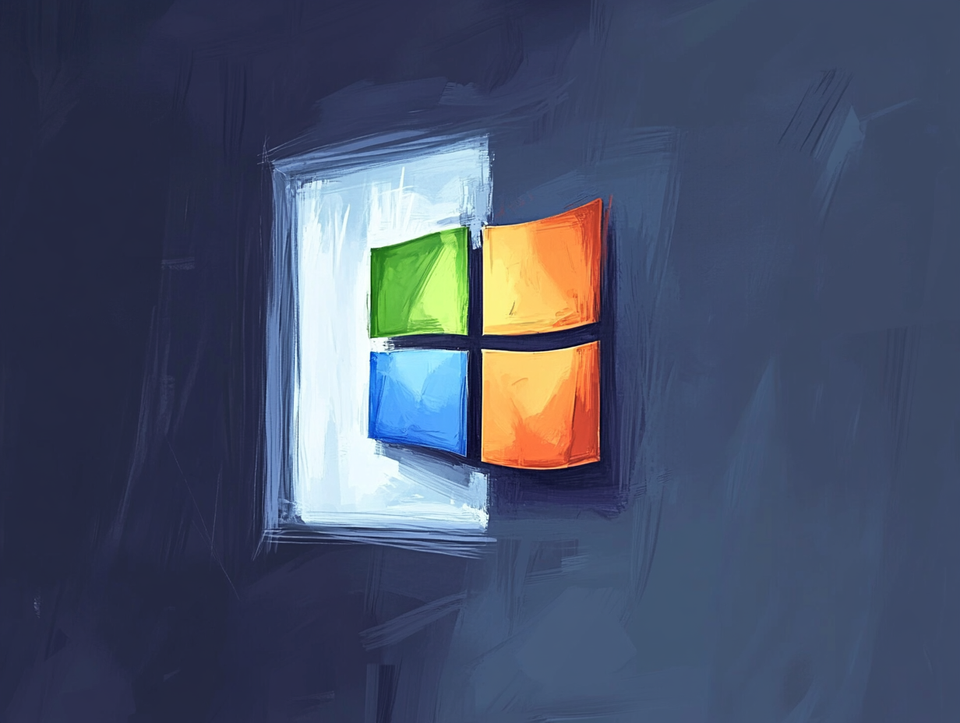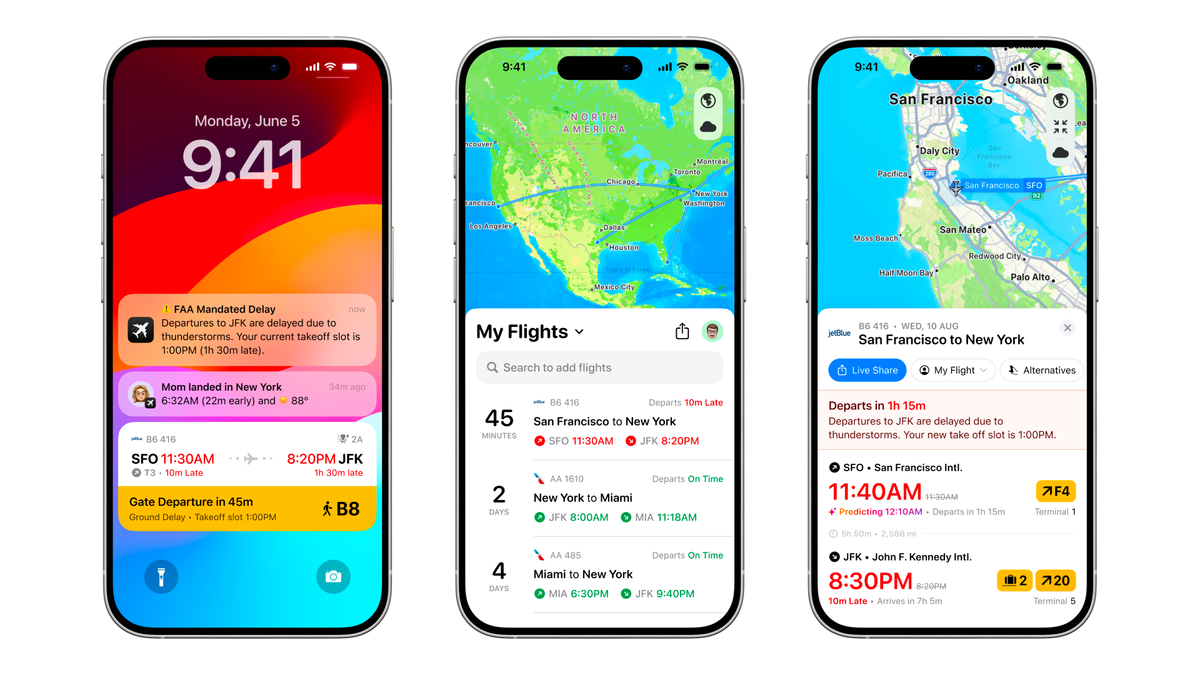Reminder: What Actually Disrupted Microsoft

With the news of the Google monopoly verdict rippling through tech, and really, the world, right now, Microsoft is being brought along for the ride. Nearly everyone you talk to and everything you read will bring up the fact that this is the biggest antitrust decision since the one against the software giant 25 years ago. The fact that both companies dominate their respective fields – PC operating systems in the case of Microsoft and internet search in the case of Google – in a similar manner, with upwards of 90%+ market share, just adds to it all. Plus the fact that the two are rivals, two multi-trillion dollar companies, and for years there's been this fear that Google was becoming the thing they swore they'd never become: Microsoft.
Anyway, some of the parallels are fun, but do they actually matter? My contention would be 'no, not really'. Because what ultimately ended Microsoft's monopoly wasn't the verdict against them, or any of the remedies. It was time and technological progress. In fact, you could argue that Microsoft still has that monopoly in PC operating systems. It's just that it doesn't matter anymore.
I would argue that ultimately, the same will be true for Google. What will eventually end the reign of Google Search isn't the rise of Bing or some other would-be competitor in internet search, it's going to be something tangential that makes internet search just matter less. Maybe it has something to do with AI (though I'd be skeptical that something like SearchGPT is the, um, answer). Or perhaps it's something no one is really thinking about right now. I don't know. I'm just pretty certain that this case will have little to do with that end.
I was thinking about this in reading Steve Lohr's piece for The New York Times this week drawing on those parallels between the Google and Microsoft cases. And he should know, since he was there all those years ago covering the Microsoft antitrust case for NYT. Here's a piece he wrote in 1998 entitled "If Microsoft Loses Case, Remedies Are Thorny".1
Microsoft did lose the case and the remedies were thorny. Namely, the aim to break Microsoft into two (an operating system company, and a company for all of the other software) ultimately failed. Lohr's piece highlights how the government was struggling to come up with changes Microsoft should have to make, going into the weeds about API access and the like. Ultimately, after years of appeals, Microsoft settled the case and agreed to some changes which still have some impact on the company to this day. But again, I'd argue that they're not what ultimately ended the rule of Windows.
For years and years we've heard that even if the government didn't directly end Microsoft's dominance, they indirectly helped because they distracted the entire company – and in particular, founder Bill Gates – at a time when it needed to be focused. Maybe there was some of that at play, but my guess would be that it had minimal impact. What ultimately mattered was simple: the internet.
That's interesting in the case of Microsoft – and in the case against Microsoft – because it was Netscape, the web browser company, which was the focal foil. Microsoft crushed Netscape's Navigator browser by bundling their own browser, Internet Explorer, with Windows. That was bad. But again, decoupling that software is not what did Windows in. In fact, Internet Explorer became the dominant web browser regardless – it peaked around 94% market share in 2004, incidentally the year Microsoft settled their case, but years after the ruling. What did Windows in was the fact that the web browser – any web browser, even Microsoft's – made Windows no longer matter as it once did.
The government didn't ensure Microsoft wouldn't control the internet just as they had operating systems. Again, in fact, Microsoft went on to dominate the web browser market.2 But that wasn't the market that ultimately mattered. Web search mattered. By the time Microsoft realized that, it was too late. Bing, despite billions of dollars and endless years spent on the service, simply doesn't matter.3
And so again, whatever remedies are put in place for Google – after years of appeals, no doubt – may matter for certain aspects of their business. But they won't be what ends the search dominance. In fact, nothing may end the search dominance. But something will make it no longer matter as it once did.
So the far more interesting parallel is if that something is already here, just as it was in the case of Netscape Navigator in the Microsoft case. But again, Navigator itself wasn't the key, it was what it ushered in: the world wide web. It's certainly possible that AI is the thing that makes web search matter less, but my bet would be that it's not because it's a better version of that style of search (again, SearchGPT or what Google itself is doing with 'AI Overviews'). It's some new UI or product that it unlocks (voice, vision, etc – some new device for those?).
Or again, maybe it's something completely different. One thing is certain: the government will ultimately take credit for the shift and one day the next antitrust case will cite its success.



1 The end of the articles notes how Sun had just opened up Java -- which was critical for the development of Android...
2 Before they took their eyes of that prize and let Internet Explorer languish -- IE6, anyone? -- and so Mozilla's Firefox, borne out of the ashes of Netscape Navigator, came roaring back. And then, of course, Google's Chrome went on to rule. Before Apple's Safari came along to eat into that share simply because of mobile and the power of defaults -- also a key topic in these cases, of course.
3 And the rebirth of Microsoft is a testament to someone who worked to get them to a place of mattering on the internet thanks to the cloud: Satya Nadella.

